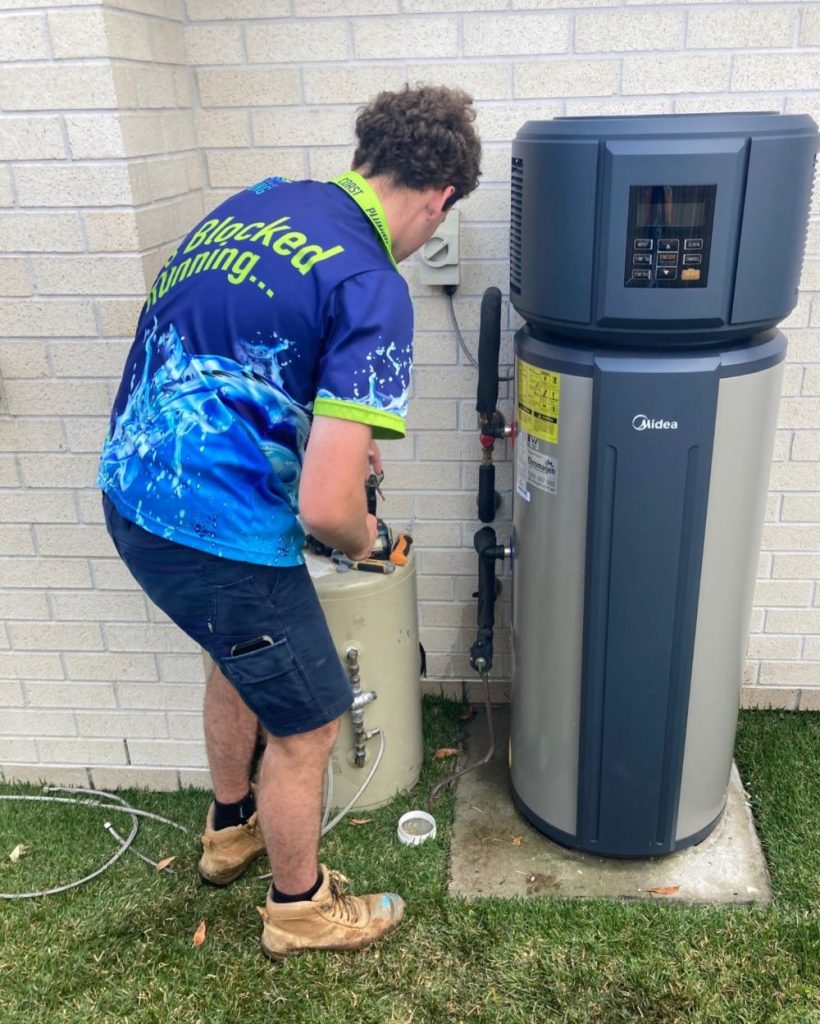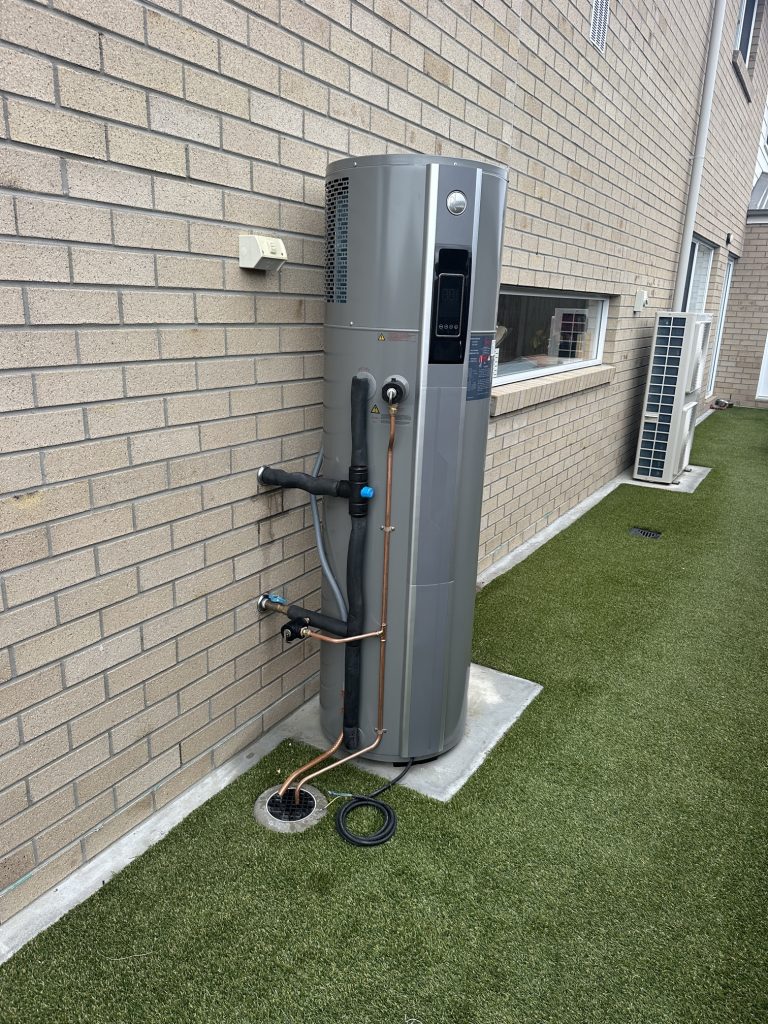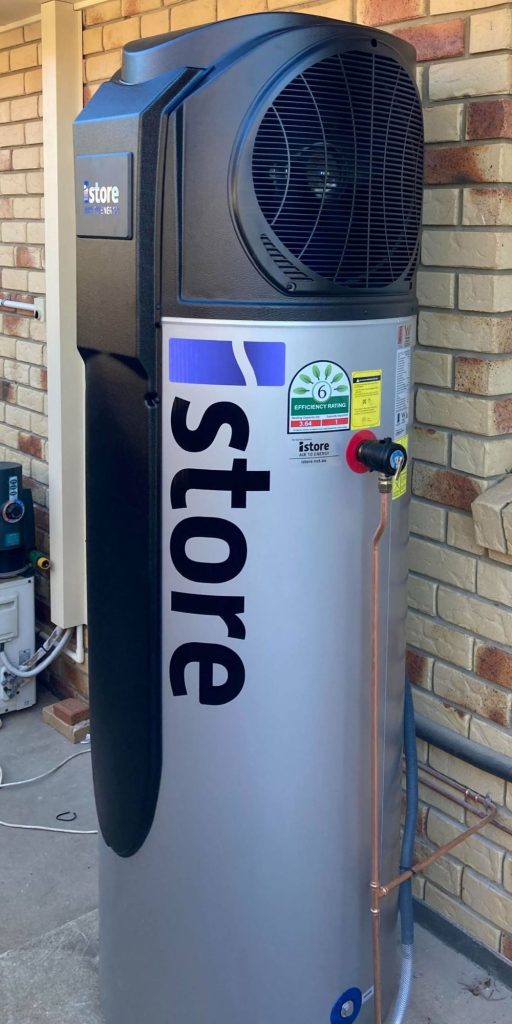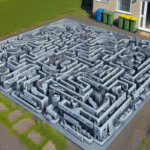Understanding the Unique Challenges of Selecting Hot Water Systems in Queensland’s Climate
When it comes to selecting the ideal hot water system for your home in Queensland, the process is much more intricate than simply choosing a brand or considering the volume it can hold. It requires a thorough understanding of how factors such as the local climate, humidity levels, electricity tariffs, and your household’s daily water consumption influence the overall efficiency and effectiveness of the system. As energy costs continue to rise, many homeowners are turning to heat pumps because of their superior energy efficiency and eco-friendliness. However, it’s essential to note that these systems may not be the best fit for all property types. A careful evaluation of all these elements is vital to ensure your hot water solution performs optimally and lasts for years.
This article will delve into the operational effectiveness of heat pumps in Queensland’s varied weather conditions, pinpoint which types of residences stand to gain the most advantage from these advanced systems, and debunk common myths that could result in poor performance or incorrect system choices.

Enhancing Heat Pump Efficiency in Coastal Queensland Conditions
Heat pump water heaters are designed to extract thermal energy from the surrounding air. Their efficiency significantly increases as air temperatures rise. In coastal regions of Queensland, particularly in sought-after locations like the Sunshine Coast, Brisbane, and the Fraser Coast, average air temperatures typically stay above 5°C, even throughout winter. This consistent warmth allows heat pumps to operate effectively all year round without needing electric boosting or additional heating components, which are often necessary in cooler climates. By harnessing this natural energy, homeowners can enjoy significantly lower energy bills and a smaller carbon footprint.
Crucial Environmental Factors That Enhance Heat Pump Performance
| Factor | Impact on Heat Pump Functionality | Coastal QLD Efficiency |
|---|---|---|
| Average ambient temperature | Higher = more efficient operation | ✓ Consistently maintained above 5°C |
| Humidity levels | Moderate improvements | ✓ Generally high and stable |
| Access to off-peak electricity | Lower operational costs | ✓ Widely available in most regions |
| Roof shading | Not a significant factor | ✓ No detrimental impact on system |
| Direct sunlight exposure | Not a necessity | ✓ Functions well in shaded conditions |
Identifying Scenarios Where Heat Pumps May Underperform
While heat pumps offer numerous advantages, there are specific scenarios in Queensland where their performance may not meet expectations:
- Inland or elevated regions
In areas like Toowoomba or the Hinterland, temperatures can drop significantly at night during winter months. In these cases, certain models of heat pumps may struggle to maintain optimal efficiency without the support of a booster element, which can lead to increased energy consumption and costs. - Restricted or poorly ventilated outdoor spaces
Heat pumps require sufficient airflow around their compressor units to operate efficiently. In cramped or enclosed environments, the efficiency of heat extraction may decline, and operational noise could increase, which may disturb residents. - Large households with high water demand
In homes with more than six occupants, systems specifically designed for larger water storage or faster recovery times, such as solar-boosted gas systems, may be more effective at efficiently meeting high hot water needs.
Dispelling Common Myths About Heat Pumps in Queensland
“They become ineffective in winter.”
This notion might hold true for colder southern regions; however, it is inaccurate for Queensland. In areas where average temperatures consistently exceed 5°C, heat pumps maintain their efficiency throughout the winter months, providing reliable hot water solutions even during colder spells.
“Solar panels are mandatory for heat pumps to operate.”
This claim is misleading. Heat pumps can function independently of solar photovoltaic (PV) systems, although integrating them with solar energy can significantly improve your energy savings and sustainability efforts.
“Heat pumps are excessively noisy and disruptive.”
Modern heat pump systems are designed to operate much more quietly than older models. When installed correctly in well-ventilated spaces, the noise produced by the compressor unit is typically minimal, allowing for a comfortable living environment.
Effective Strategies for Optimizing Heat Pump Installation and Performance in Queensland
- Select a system specifically designed for Australian conditions
Opt for models that feature high-efficiency ratings and reliable local support, such as istore or Stiebel Eltron, both of which are renowned for their performance in the Australian climate. - Install in a well-ventilated but shaded environment
While heat pumps do not require direct sunlight, they do need sufficient airflow around the unit to operate efficiently and effectively. - Utilize timers or smart controls
By programming the system to run during periods of solar power generation or off-peak electricity times, you can significantly boost energy savings and cut costs. - Properly size your system
A capacity of 250–300 litres generally meets the needs of most families. An undersized system can lead to performance challenges and reliance on boosting mechanisms, ultimately increasing energy consumption.
The Essential Role of Local Expertise in Successful Heat Pump Installations
The successful installation of a heat pump necessitates a tailored approach for optimal results. The best outcomes are achieved by partnering with a local plumber who understands:
- Performance tailored to local climate conditions, ensuring maximum efficiency
- Eligibility for rebates like Small-scale Technology Certificates (STCs) and various Queensland government incentives that promote energy efficiency
- Optimal placement and ventilation strategies for the unit to enhance overall performance
- Integration with solar PV systems or battery storage solutions, if applicable, to maximize energy efficiency
At Creek to Coast Plumbing, we specialize in providing and installing high-performance hot water systems, including heat pumps, throughout the Sunshine Coast and Moreton Bay regions. Our dedicated team is committed to helping you determine which type of hot water service will best meet your needs. As the demand for energy-efficient hot water solutions rises, many individuals are weighing solar options against heat pumps. We will evaluate the specific conditions of your home, recommend the most suitable system, and ensure you are equipped for optimal efficiency.
Discover more about our Heat Pump Hot Water Installations or reach out for a personalized recommendation tailored to your unique requirements.
The Article: Heat Pumps in Queensland: Effective Solutions and Pitfalls first appeared on https://writebuff.com
The Article Heat Pumps in Queensland: Benefits and Challenges Explained Was Found On https://limitsofstrategy.com



